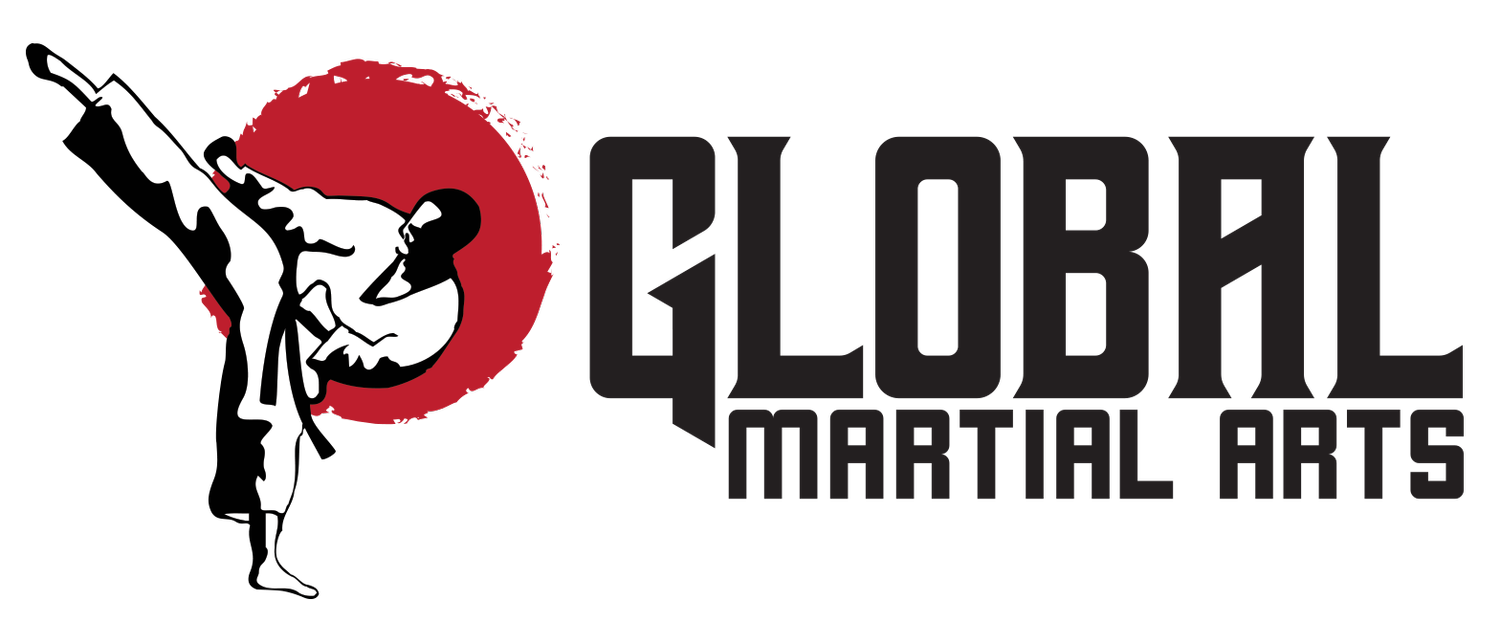Mastering selfdefense, how long does it take to learn Krav Maga
Introduction:
In today's unpredictable world, having the ability to defend oneself is of paramount importance. Krav Maga, a self-defense system developed for the Israeli military, has gained significant popularity for its practical and effective techniques. Many individuals interested in learning Krav Maga often wonder how long it will take to become proficient in this martial art. While the journey to mastery is unique for each individual, this blog aims to provide insights into the approximate timeline and factors that influence the learning process.
1. Understanding the Basics:
Learning Krav Maga begins with mastering the fundamental techniques, principles, and concepts. During the initial stages, students focus on building a strong foundation, including stances, strikes, blocks, and basic self-defense movements. This phase typically takes a few weeks to a few months, depending on the frequency of training and individual aptitude.
2. Developing Reflexes and Muscle Memory:
One of the key aspects of Krav Maga is developing reflexes and muscle memory. Repetition and practice are crucial in training your body to react instinctively in real-life situations. This stage involves constant drilling of techniques, integrating them into fluid combinations, and honing defensive and offensive reactions. It usually takes several months to a year to develop a solid foundation of muscle memory and reflexes.
3. Tactical Thinking and Decision Making:
Krav Maga emphasizes situational awareness and quick decision-making under stress. Training progresses to scenarios that simulate real-life encounters, where students learn to assess threats, identify potential vulnerabilities, and respond effectively. This stage often involves sparring, realistic simulations, and problem-solving exercises. It can take anywhere from a year to several years to develop the tactical mindset necessary for effective self-defense.
4. Advanced Techniques and Specializations:
Once students have a strong grasp of the core principles and techniques, they can delve into more advanced aspects of Krav Maga. This may include weapon defenses, ground fighting, multiple attackers, or specialized training for law enforcement or military personnel. Mastery in these areas requires years of dedicated practice, discipline, and continuous learning.
Factors Influencing the Learning Process:
Several factors can influence the timeline for learning Krav Maga:
1. Training Frequency: Consistency and regularity in training sessions play a significant role in skill development. The more frequently you train, the faster you are likely to progress.
2. Individual Commitment: Dedication, discipline, and a positive mindset are essential for progress in any martial art. Regular practice outside of class, physical fitness, and mental conditioning contribute to faster skill acquisition.
3. Prior Experience: Pre-existing knowledge or experience in other martial arts or combat sports can accelerate the learning process, as some techniques may be transferable.
4. Instructor's Expertise: The quality of instruction and guidance received from a qualified Krav Maga instructor greatly impacts the learning curve. A skilled instructor can provide valuable feedback, correct technique, and tailor training to individual needs.
Conclusion:
Mastering the art of self-defense through Krav Maga is a journey that requires time, effort, and commitment. While it is difficult to provide an exact timeline, as it varies from person to person, a solid foundation can typically be established within a few months of consistent training. However, achieving proficiency and mastery in Krav Maga is an ongoing process that continues over years of dedicated practice and refinement. Remember,
